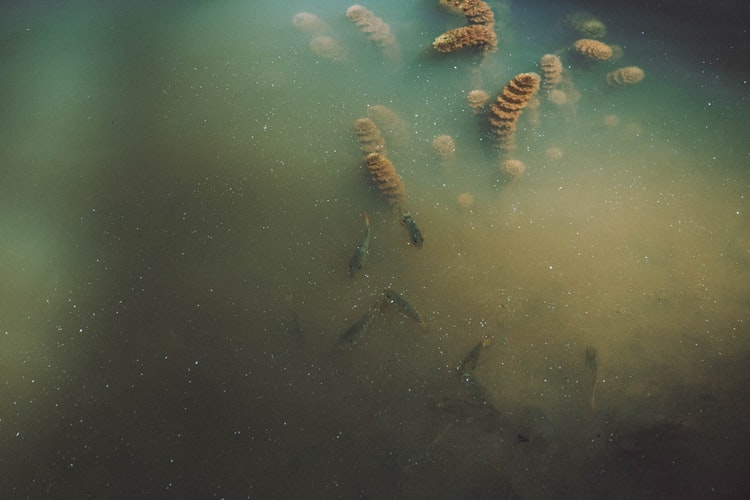If you’ve spent considerable time and effort on establishing a new fish tank, there’s nothing worse than cloudy water obscuring your view. Cloudy water is a common issue that almost every aquarist will have to deal with at some point. There are several causes behind the issue, with some being easier to remedy than others.
Bacteria and Algae Blooms
This is a particularly common cause of cloudy fish tank water. If you’ve recently established a new fish tank, you may find yourself contending with cloudy water within the first few weeks. This is usually down to the fact that bacterial levels within the water are not yet properly balanced. Bacterial colonies need time to establish themselves, especially within filtration media.
To combat this problem, make sure you have an efficient filter installed. Any filtration device needs to be large and powerful enough to cope with the demands and size of your tank. A good filter will also need to include biological filtration media in order to tackle cloudy water issues. You may want to reach for a testing kit if the water in your tank is particularly cloudy.
This will give you an idea of whether nitrate and ammonia is contributing toward the problem. If testing strips determine that you are dealing with high levels of these toxic compounds, you’ll need to address the issue. Introducing a detoxifying solution at this point is definitely a good idea. You may also want to change out some of the water within your tank for fresh water. Any additional water will need to be conditioned beforehand, however.
Decaying Matter
Decaying organic matter can wreak havoc with fish tank water. Not only will decayed matter contribute toward high levels of ammonia, it can also impair your view with cloudy water. Uneaten food will also impair your view as it dissolves down to microscopic particles. Excess waste matter from your fish will also worsen the issue.
There’s a couple of things you can do to take charge of decaying matter within your tank. Firstly, consider the type of food you are using. Flaked food is particularly delicate and will quickly begin to break down when exposed to water. Even the hungriest of fish may struggle to consume such food before it dissolves away.
Overfeeding is also something to address. Any uneaten food will eventually break down and cloud tank water. You should minimise the amount of food you add to a tank, adopting a more gradual feeding schedule if needed.
Substrate and Tank Decorations
If your fish and their food are not the cause of cloudy tank water, you need to turn your attentions elsewhere. Aquarium substrate, such as sand and gravel, can contribute to cloudy water conditions. Both materials will often include some degree of fine particles when purchased.
If you don’t thoroughly clean your substrate before adding it to a tank, these dusty particles will quickly cloud your aquarium waster. Even thoroughly rinsed substrate will kick up some dust when exposed to water, but a reliable filtration system should get rid of the excess in a day or so.
Aquarium ornaments and decorative objects can also cause cloudy water conditions. If you’re using natural materials, such as wood and rocks, make sure the items have been inspected for signs of fungal growth prior to adding them to your tank. As with substrate, you’ll want to clean and rinse these objects thoroughly to ensure they’re not going to cause any problems when it comes to maintaining clear water conditions.

